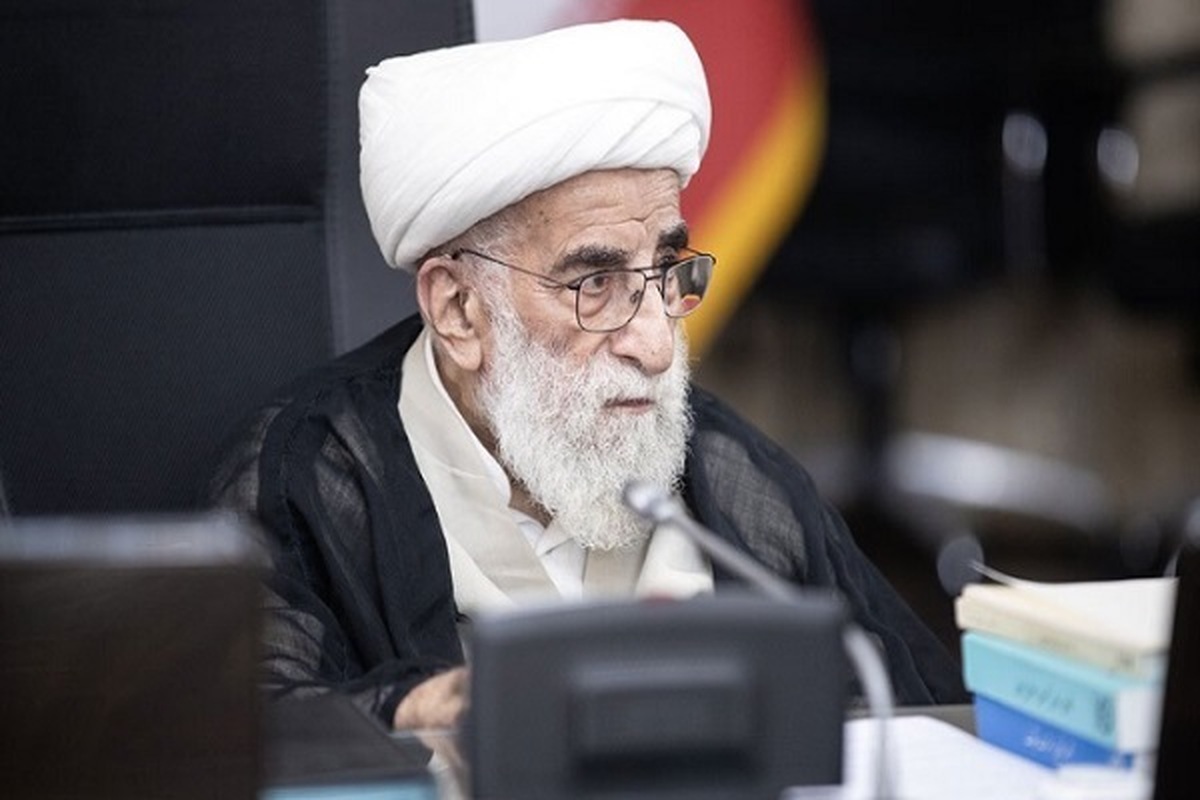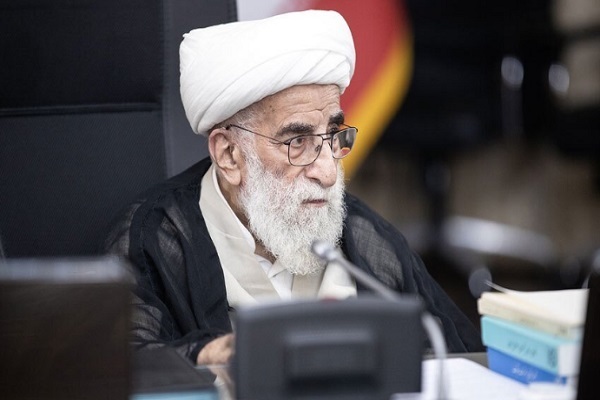Culture of Resistance Only Way to Defeat Domineering Powers: Ayatollah Jannati


This is thanks to the victory of Iran’s Islamic Revolution, Ayatollah Ahmad Jannti said at a meeting of the council in Tehran on Wednesday.
He also noted that today is celebrated as the Islamic Resistance Day, marking the anniversary of the victory of the Lebanese Hezbollah resistance movement in the 33-day war against the Israeli regime.
In 2000 and 2006, the Israeli regime launched two wars on Lebanon. About 1,200 Lebanese, most of them civilians, were killed in the 33-Day War of 2006.
Read More:
On both occasions, however, Hezbollah fighters defeated the Israeli forces and Tel Aviv was forced to retreat without achieving any of its objectives.
The conflict in 2006, also known as the July War, took place in Lebanon, northern parts of Occupied Palestine and the Golan Heights.
It started in July 2006, and continued until a United Nations-brokered ceasefire went into effect in the morning on August 14 that year, though it formally ended on September 8 when Israel lifted its naval blockade of Lebanon.
Elsewhere in his remarks, Ayatollah Jannati referred to the upcoming Arbaeen march and described it as a unique treasure and part of the Islamic Ummah’s spiritual capitals.
If its capacities are used properly, the Arbaeen procession can play a role in enhancing dignity in the Muslim world, he went on to say.
Arbaeen is a religious event that is observed by Shia Muslims on the fortieth day after the Day of Ashura. It commemorates the 40th day of martyrdom of Hussein ibn Ali (AS), the grandson of Prophet Muhammad (PBUH) and the third Shia imam, who was killed by the army of Yazid I in the Battle of Karbala in 680 CE.
Arbaeen is also known as the Ziyarat of Arbaeen, which means the visitation of Imam Hussein’s (AS) shrine in Karbala, Iraq, where his body is buried. Ziyarat is an act of pilgrimage and devotion in Shia Islam.
Read More:
Arbaeen is one of the largest annual pilgrimages in the world, with millions of Shia Muslims from different countries walking to Karbala from various cities in Iraq and neighboring countries. The distance can range from 80 km to 500 km or more, depending on the starting point.
This year’s Arbaeen falls on August 25.
4231798



